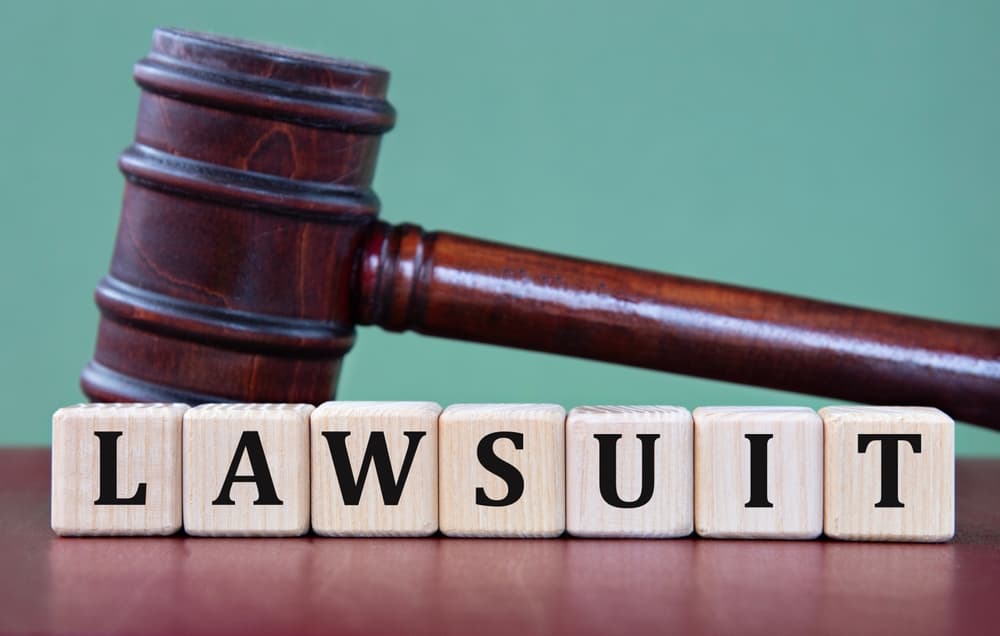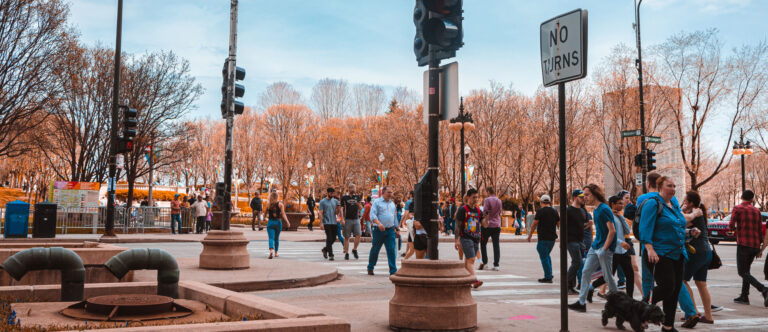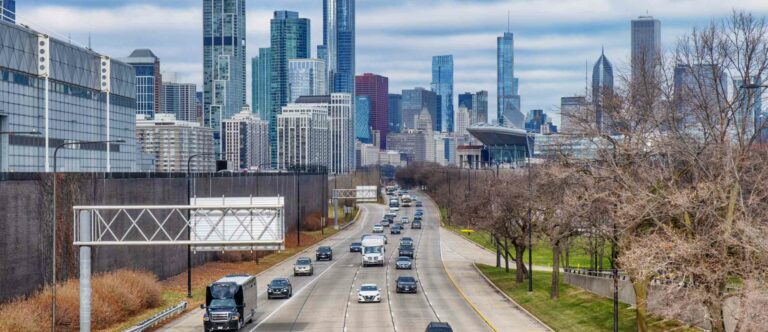Car accidents happen fast. One minute, you’re driving through an intersection. The next, you’re hurt, your car is wrecked, and you have no idea what comes next. If the crash wasn’t your fault, you might be thinking about a lawsuit. But what does that look like? What should you expect?
A car accident lawsuit in Chicago isn’t as simple as filing a claim and waiting for money. It’s a process with steps, deadlines, and decisions. This guide breaks it all down. If you’re hurt and trying to recover, knowing what happens next can help you feel more in control.
Starting With the Basics: When Can You Sue?
You might not need to file a lawsuit right away. In many cases, insurance companies will pay a fair settlement. But that doesn’t always happen. You may need to sue if the insurance company refuses to pay what your case is worth, your injuries are serious or permanent, there is a dispute over who caused the crash, or the other driver was uninsured or underinsured.
Suing doesn’t mean you’re going to trial. Most lawsuits settle before reaching the courtroom. But filing gives your case more strength. It puts pressure on the insurance company to treat your claim seriously.
In Illinois, you usually have two years from the date of the crash to file a lawsuit. That’s called the statute of limitations. If you miss that deadline, your case could be dismissed.
Getting a Lawyer and Building Your Case
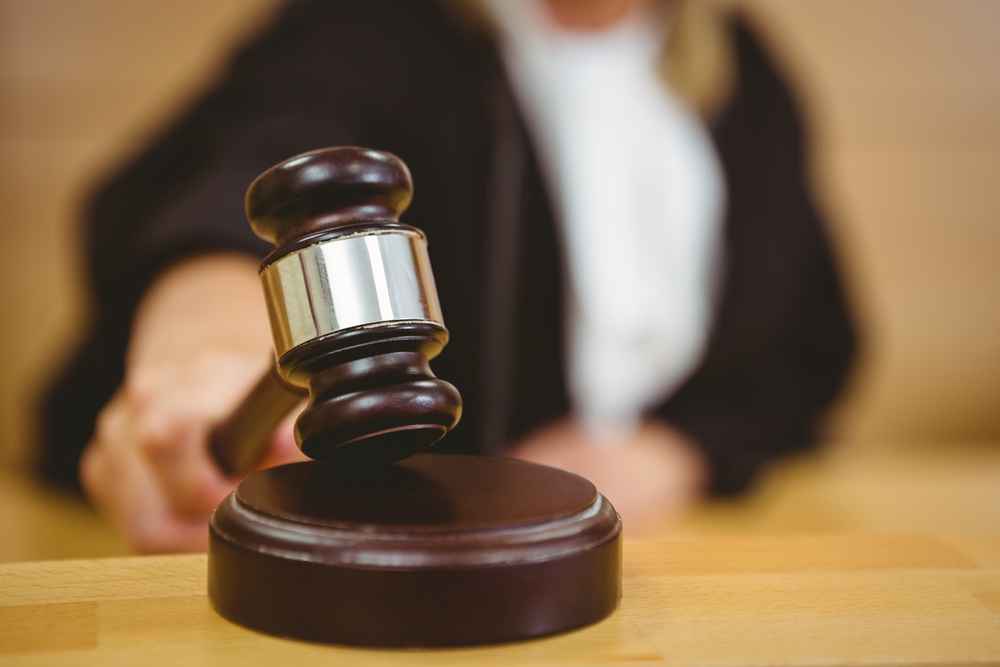
Hiring a lawyer is the first real step in filing a lawsuit. A good attorney will review your case and decide how to move forward. They’ll collect facts, talk to witnesses, and work with medical professionals.
This stage is all about preparation. Your legal team will determine the strength of your case and its potential worth.
- You meet with a lawyer and share what happened
- They collect your medical records, police reports, and photos
- They may bring in people like accident reconstruction specialists
Medical proof means your injuries must be clearly documented. That includes records, diagnoses, and ongoing treatment. Clear liability is also important. That may involve photos, dashcam video, or witness statements.
Financial losses include lost wages, medical bills, and other costs that must be added up and tracked. These become part of your claim.
Filing the Lawsuit in Court
Once your legal team has the information they need, they file a document called a complaint. This is the official start of your lawsuit. It lays out who you are, what happened, and what you’re asking the court to do.
The complaint gets filed with the proper court in Cook County or wherever the crash occurred. Then it gets served to the person or company you’re suing. That person or company must respond. They’ll either admit or deny the claims. They might even file a counterclaim saying you were at fault.
The court system now considers your case active. You can expect to file a complaint if negotiations have stalled, the insurance company is delaying things, or you are close to the two-year filing deadline.
What Happens During Discovery
Discovery is the information-sharing phase. Both sides request documents, send questions, and take depositions. A deposition is a formal interview where someone answers questions under oath.
This stage can take months. It’s often the most time-consuming part of the case. Each side uses what they learn to decide how strong their position is. Your lawyer sends written questions to the other side.
The other side may ask for your medical history. You may be asked to give a deposition. Sometimes, lawyers hire professionals to give opinions about how the crash happened or how much future medical care will cost.
Common discovery tools include interrogatories (written questions), document requests (like bills, reports, and photos), and depositions (sworn statements recorded in real time).
Discovery helps both sides see where they stand. It also opens the door to a possible settlement.
Settlement Talks and Mediation
Most car accident lawsuits settle before trial. That can happen at any stage, but it’s most common after discovery. In some cases, lawyers try to settle things through direct negotiation.
In others, both sides agree to attend mediation. A mediator is a neutral third party who helps both sides talk through the case and find a middle ground. You are not required to settle. But if both sides agree, the case ends there. You get paid, and the lawsuit is dropped.
Reasons people choose to settle include avoiding the stress and time of trial, getting money faster, keeping things private, and controlling the outcome. Settlements are final. You can’t ask for more money later.
That’s why your lawyer will ensure the amount covers all your current and future needs before advising you to agree.
Preparing for Trial
If settlement doesn’t work, your case heads to trial. That doesn’t mean you’ll be in court right away. Preparing for trial takes time. Lawyers must gather evidence, pick jurors, and create opening and closing statements.
In a jury trial, both sides tell their story. You may testify about how the crash happened, what injuries you suffered, and how your life has changed. Doctors, police officers, or witnesses might also testify.
The jury decides who was at fault and how much money should be awarded. If they rule in your favor, the court issues a judgment.
Trial prep often includes creating a timeline of events, prepping witnesses, practicing testimony, and making exhibits like charts and medical summaries. Trials are public. They can take several days or even weeks. They also carry risk. A jury may give you more than you asked for, or much less. That’s why most cases settle.
After the Verdict
If the jury awards you money, the court enters a judgment. The other side must pay. In some cases, they pay right away. In others, they appeal or ask for more time. Your lawyer may need to work with the court to enforce the judgment. That can include garnishing wages or placing liens on property.
If you lose at trial, you can appeal. But appeals take time and are not guaranteed. After trial, your lawyer may file documents to collect the judgment, negotiate a payment plan, respond to an appeal, and help you understand what happens next.
You won’t be alone during this process. Your legal team will guide you and make sure your rights are protected.
How Long Does a Car Accident Lawsuit Take in Chicago?
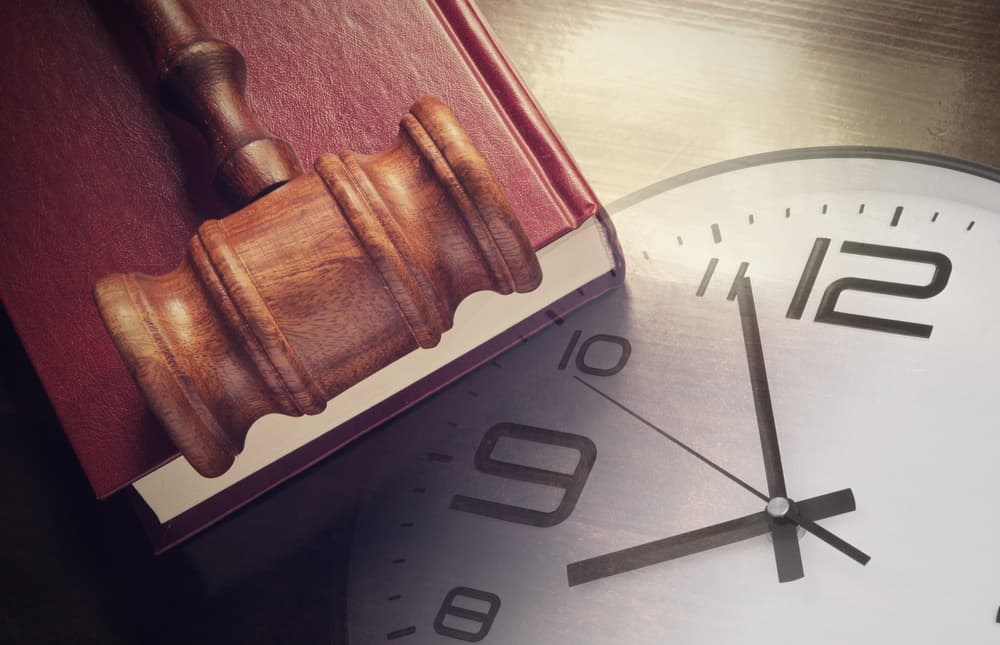
Every case is different. Some settle in a few months. Others go on for years. It depends on how clear the facts are, how injured you are, and whether the insurance company fights the claim.
- Here’s a rough timeline:
1 to 3 months for case review and preparation
4 to 8 months for filing and discovery
9 to 12 months for negotiation and possible settlement
12 months or more if the case goes to trial
Delays can happen. If you are still treating your injuries, your lawyer may wait before filing to see how serious the damage is. You can help speed things up by keeping all medical records, following your treatment plan, responding to calls and messages, and being honest about your injuries.
How Much Money Can You Get?
There is no standard amount. Your lawyer will look at how badly you were hurt, how much money you’ve lost, and how your life has changed. You may be able to recover medical bills, lost wages, property damage, pain and suffering, and loss of normal life.
Three things that affect value include severity of injury, liability, and insurance limits. Broken bones and surgery often bring higher compensation than minor bruises or sprains.
If the other driver was entirely at fault, your case is stronger. If you were partly to blame, the amount may be reduced. If the driver who hit you only has minimum insurance, it may limit what you can collect.
Your lawyer will work to uncover every possible source of money. That includes the other driver’s policy, your own policy, and even third-party claims if needed.
Who Pays for the Lawsuit?
Most personal injury lawyers in Chicago work on contingency. That means you don’t pay anything upfront. The lawyer gets a percentage of the settlement or verdict if you win. If you lose, you owe nothing.
There may be fees for medical record requests or court filings. The lawyer usually covers these during the case and pays out of the final settlement.
You pay nothing up front, a percentage only if you win, and possibly some costs, deducted at the end. This system helps people get justice without worrying about the cost of hiring a lawyer.
Frequently Asked Questions
1. What should I do immediately after a car accident in Chicago?
Call 911 to report the crash and request medical help if needed. Get the other driver’s name, contact information, license plate, and insurance details. Take photos of the scene, damage, and any visible injuries. See a doctor, even if you feel fine.
2. Can I still file a lawsuit if I didn’t go to the hospital right away?
Yes, but it can make your case harder. Insurance companies may argue your injuries weren’t serious. Always see a doctor as soon as possible after a crash, even for mild symptoms.
3. What if I was partly at fault for the crash?
Illinois follows a modified comparative fault rule. You can still recover money if you were less than 51% at fault. However, your compensation is reduced based on your share of fault.
4. How do I prove the other driver was distracted or using a phone?
Phone records, dashcam footage, witness statements, and surveillance video can all help show distraction. Your lawyer may request these during the investigation or discovery phase.
5. What if the other driver left the scene?
This is a hit-and-run. You should call the police and report it immediately. If the driver isn’t found, you may be able to file a claim through your own uninsured motorist coverage.
6. Can I sue if my child was injured in the accident?
Yes. A parent or guardian can file a claim on behalf of a minor. Compensation may cover medical bills, future care, and pain and suffering. The court may also review any settlement to protect the child’s interests.
7. What if I was a passenger in the car?
You can still file a claim, whether you were in the at-fault driver’s car or another vehicle. You may be able to recover damages from the driver’s insurance or other parties involved.
8. Does the police report decide who was at fault?
Not always. A police report can support your case, but it’s not the final word. Insurance adjusters and lawyers may investigate further and come to different conclusions.
9. What if the insurance company is pressuring me to settle?
Do not agree to anything or sign documents without talking to a lawyer. Early offers are often lower than what your case is worth. A lawyer can help you understand if the offer is fair.
10. Can I recover money for emotional distress or anxiety?
Yes. If the accident caused you lasting emotional harm, that can be part of your claim. This may include anxiety, PTSD, or changes in your ability to enjoy daily life.
Talk to a Lawyer Who Knows Chicago Car Accident Law
Filing a car accident lawsuit in Chicago is a big step, but it can help you get the money and support you need after a serious crash. A lawyer can help you make the right choices and move forward.
If you’re ready to discuss your case, contact Walner Law at (312) 410-8496 for a free consultation.


 Skip to content
Skip to content

